S. Korea faces uphill battle to produce Nobel Prize winners in science
입력 2024.10.12 (00:43)
읽어주기 기능은 크롬기반의
브라우저에서만 사용하실 수 있습니다.
[Anchor]
While we hope for achievements in the field of science alongside the great accomplishments of our literature, the reality is that we have not produced any Nobel Prize candidates.
In nearby Japan, there have been 25 Nobel Prize winners in science, so what is needed for the advancement of science in our country? Reporter Hwang Jeong-ho investigates.
[Report]
In 2018, the Nobel Prize in Physiology or Medicine was awarded.
It went to researchers from the United States and Japan.
They were recognized for their contributions to the development of cancer treatments.
[Tasuku Honjo/Distinguished Professor, Kyoto University, Japan, 2018: "When I heard that someone was cured and healthy thanks to my research, I felt that my work had meaning, and I was truly happy."]
Japan has produced a total of 25 Nobel Prize winners in science so far.
A stable research system backed by concentrated investment is cited as the key to this success.
[Shin Hee-seop/Honorary Research Fellow, Institute for Basic Science: "It takes about 20 to 30 years of continuous research for many people to base new research on that. Japan has had that tradition for a long time."]
In fact, the average time it takes for Nobel Prize winners to go from starting their research to receiving the award is over 31 years.
In contrast, our country only began serious support in the 1970s, resulting in a shorter period to achieve results, and there has been a focus on short-term outcomes for creating economic value, which has been pointed out as a limitation.
[Hyeon Taeg-hwan/Chair Professor, Seoul National University: "A research environment must be provided where one can continue until they have the ability to conduct research. If this premise is not met, the Nobel Prize will be very far away."]
Efforts to improve the evaluation methods and treatment of scientists to ensure that creative research can continue are also conditions for winning the Nobel Prize in science.
KBS News, Hwang Jeong-ho.
While we hope for achievements in the field of science alongside the great accomplishments of our literature, the reality is that we have not produced any Nobel Prize candidates.
In nearby Japan, there have been 25 Nobel Prize winners in science, so what is needed for the advancement of science in our country? Reporter Hwang Jeong-ho investigates.
[Report]
In 2018, the Nobel Prize in Physiology or Medicine was awarded.
It went to researchers from the United States and Japan.
They were recognized for their contributions to the development of cancer treatments.
[Tasuku Honjo/Distinguished Professor, Kyoto University, Japan, 2018: "When I heard that someone was cured and healthy thanks to my research, I felt that my work had meaning, and I was truly happy."]
Japan has produced a total of 25 Nobel Prize winners in science so far.
A stable research system backed by concentrated investment is cited as the key to this success.
[Shin Hee-seop/Honorary Research Fellow, Institute for Basic Science: "It takes about 20 to 30 years of continuous research for many people to base new research on that. Japan has had that tradition for a long time."]
In fact, the average time it takes for Nobel Prize winners to go from starting their research to receiving the award is over 31 years.
In contrast, our country only began serious support in the 1970s, resulting in a shorter period to achieve results, and there has been a focus on short-term outcomes for creating economic value, which has been pointed out as a limitation.
[Hyeon Taeg-hwan/Chair Professor, Seoul National University: "A research environment must be provided where one can continue until they have the ability to conduct research. If this premise is not met, the Nobel Prize will be very far away."]
Efforts to improve the evaluation methods and treatment of scientists to ensure that creative research can continue are also conditions for winning the Nobel Prize in science.
KBS News, Hwang Jeong-ho.
■ 제보하기
▷ 카카오톡 : 'KBS제보' 검색, 채널 추가
▷ 전화 : 02-781-1234, 4444
▷ 이메일 : kbs1234@kbs.co.kr
▷ 유튜브, 네이버, 카카오에서도 KBS뉴스를 구독해주세요!
- S. Korea faces uphill battle to produce Nobel Prize winners in science
-
- 입력 2024-10-12 00:43:38
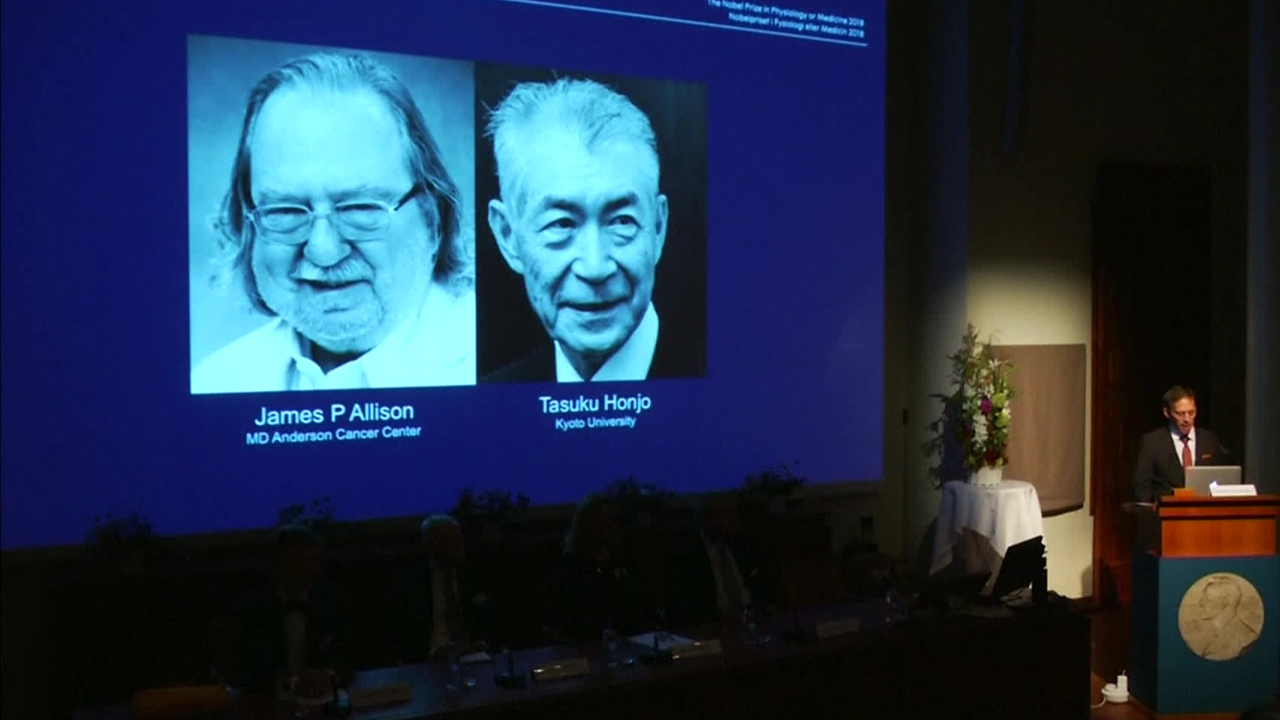
[Anchor]
While we hope for achievements in the field of science alongside the great accomplishments of our literature, the reality is that we have not produced any Nobel Prize candidates.
In nearby Japan, there have been 25 Nobel Prize winners in science, so what is needed for the advancement of science in our country? Reporter Hwang Jeong-ho investigates.
[Report]
In 2018, the Nobel Prize in Physiology or Medicine was awarded.
It went to researchers from the United States and Japan.
They were recognized for their contributions to the development of cancer treatments.
[Tasuku Honjo/Distinguished Professor, Kyoto University, Japan, 2018: "When I heard that someone was cured and healthy thanks to my research, I felt that my work had meaning, and I was truly happy."]
Japan has produced a total of 25 Nobel Prize winners in science so far.
A stable research system backed by concentrated investment is cited as the key to this success.
[Shin Hee-seop/Honorary Research Fellow, Institute for Basic Science: "It takes about 20 to 30 years of continuous research for many people to base new research on that. Japan has had that tradition for a long time."]
In fact, the average time it takes for Nobel Prize winners to go from starting their research to receiving the award is over 31 years.
In contrast, our country only began serious support in the 1970s, resulting in a shorter period to achieve results, and there has been a focus on short-term outcomes for creating economic value, which has been pointed out as a limitation.
[Hyeon Taeg-hwan/Chair Professor, Seoul National University: "A research environment must be provided where one can continue until they have the ability to conduct research. If this premise is not met, the Nobel Prize will be very far away."]
Efforts to improve the evaluation methods and treatment of scientists to ensure that creative research can continue are also conditions for winning the Nobel Prize in science.
KBS News, Hwang Jeong-ho.
While we hope for achievements in the field of science alongside the great accomplishments of our literature, the reality is that we have not produced any Nobel Prize candidates.
In nearby Japan, there have been 25 Nobel Prize winners in science, so what is needed for the advancement of science in our country? Reporter Hwang Jeong-ho investigates.
[Report]
In 2018, the Nobel Prize in Physiology or Medicine was awarded.
It went to researchers from the United States and Japan.
They were recognized for their contributions to the development of cancer treatments.
[Tasuku Honjo/Distinguished Professor, Kyoto University, Japan, 2018: "When I heard that someone was cured and healthy thanks to my research, I felt that my work had meaning, and I was truly happy."]
Japan has produced a total of 25 Nobel Prize winners in science so far.
A stable research system backed by concentrated investment is cited as the key to this success.
[Shin Hee-seop/Honorary Research Fellow, Institute for Basic Science: "It takes about 20 to 30 years of continuous research for many people to base new research on that. Japan has had that tradition for a long time."]
In fact, the average time it takes for Nobel Prize winners to go from starting their research to receiving the award is over 31 years.
In contrast, our country only began serious support in the 1970s, resulting in a shorter period to achieve results, and there has been a focus on short-term outcomes for creating economic value, which has been pointed out as a limitation.
[Hyeon Taeg-hwan/Chair Professor, Seoul National University: "A research environment must be provided where one can continue until they have the ability to conduct research. If this premise is not met, the Nobel Prize will be very far away."]
Efforts to improve the evaluation methods and treatment of scientists to ensure that creative research can continue are also conditions for winning the Nobel Prize in science.
KBS News, Hwang Jeong-ho.
이 기사가 좋으셨다면
-
좋아요
0
-
응원해요
0
-
후속 원해요
0











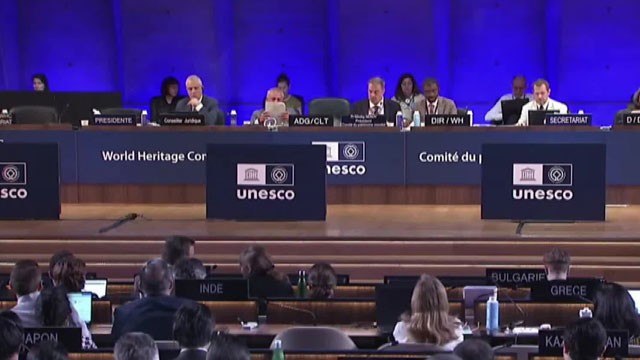
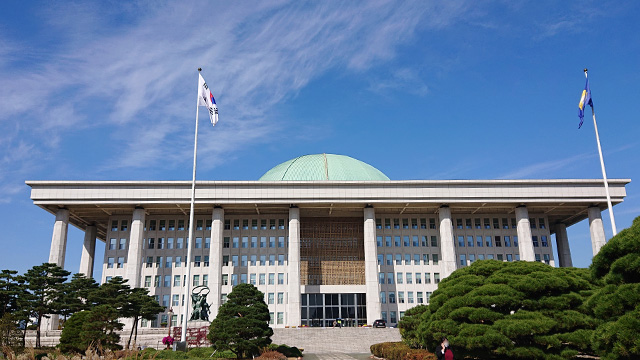
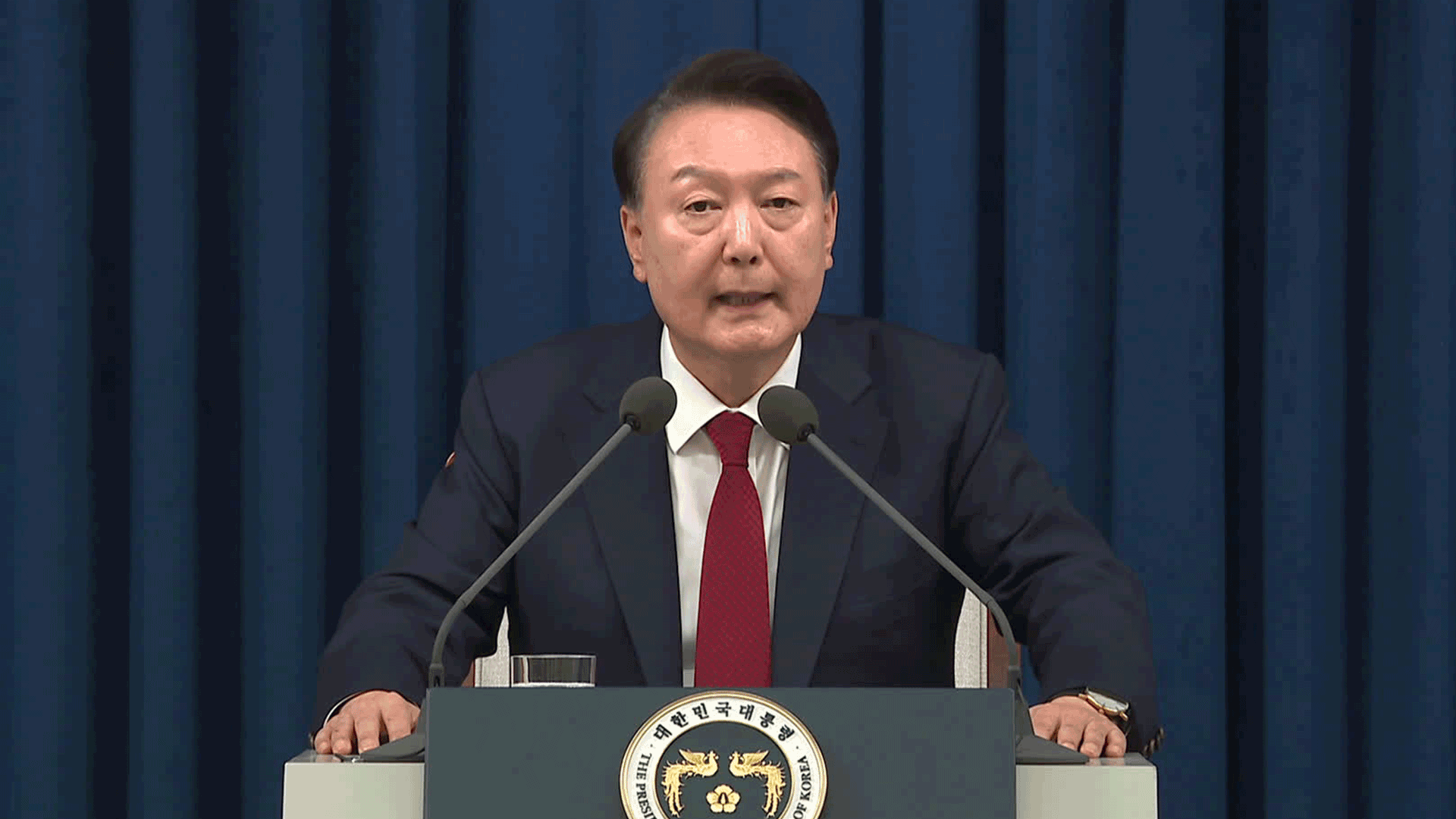
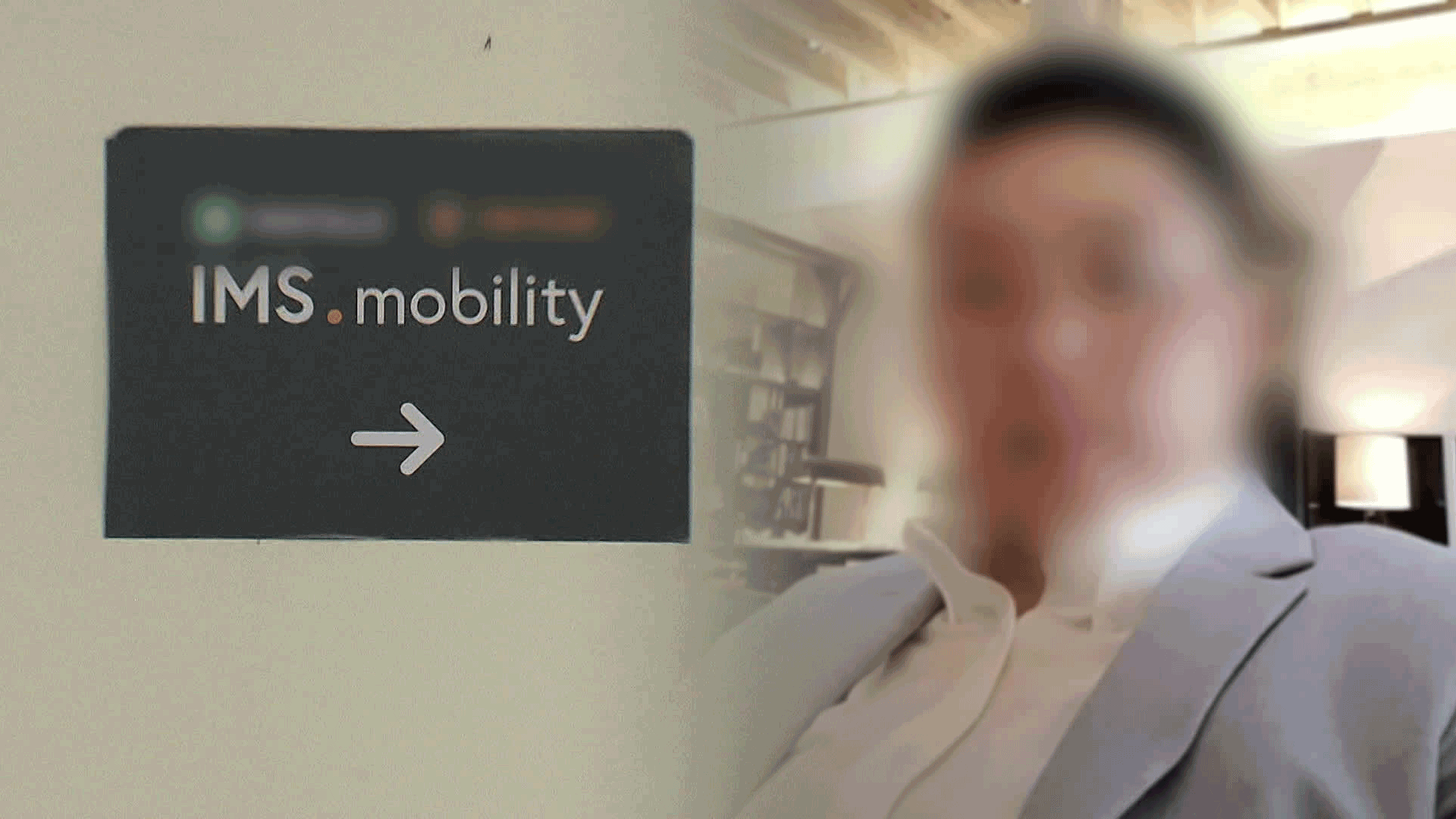

이 기사에 대한 의견을 남겨주세요.